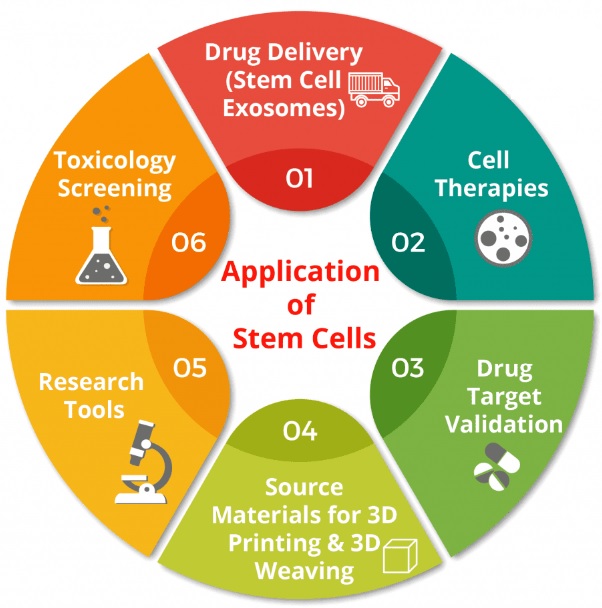7667766266
enquiry@shankarias.in
Recently, the Delhi High Court has permitted two children with autism spectrum disorder (ASD) to undergo stem cell therapy for treatment of their condition.


As per World Health Organisation (WHO), about 1 in 100 children have autism.
|
National Medical Commission |
|
References